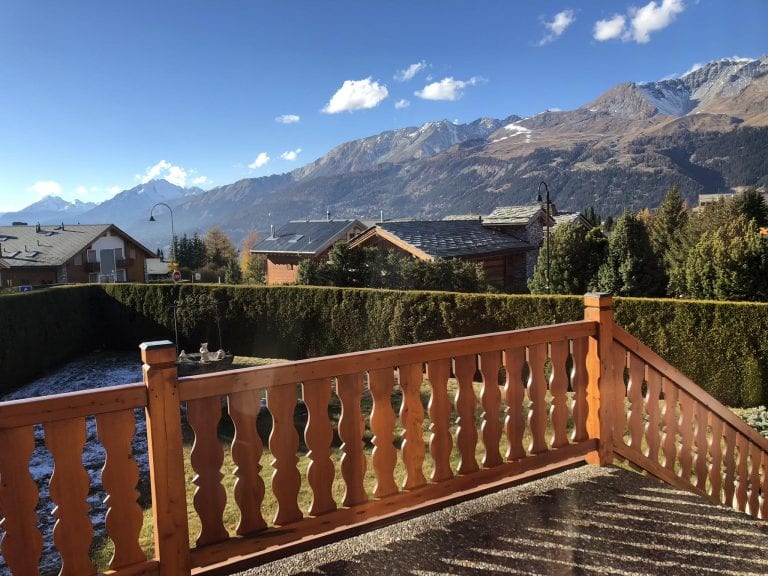Well I officially have less than one month until I return home to New York-- I can't believe study abroad is almost over! I'm going to miss Tel Aviv and Israel so much and cannot explain how incredible this experience was. I would do it again in a heartbeat!
However, before I leave I have a ton of final papers and projects to do (about 7) which is becoming difficult to complete because the weather has been absolutely amazing (aka lots of beach days)! I'm really going to have to buckle down and get all of them done before I leave.
Although I love Israel, I'm also really excited to be going home! My mom was able to visit me this week but I haven't seen my dad since I left so I'm mostly excited to see him. Also, I miss Long Island food! Bacon egg & cheese sandwiches, great Italian food, etc-- Israeli food is great but it just doesn't compare.
What I will miss about Israel is something I cannot put into words-- the people, the food, the beach, my friends, everything! I feel so at home in Israel and will definitely be back several times in my life. If you have the chance to study abroad, and you're particularly interested in the Middle East, I highly recommend studying in Israel. Even if you can't study abroad here, please try to come visit this beautiful country and understand its people, culture, politics, and history because it is really worthwhile!
This is my final goodbye! Shalom!


